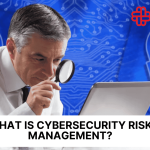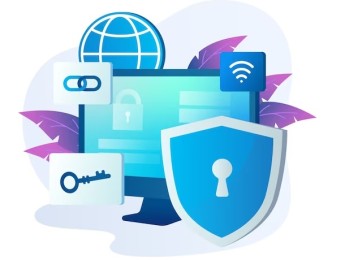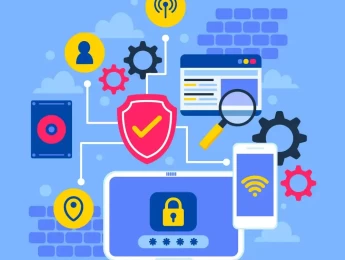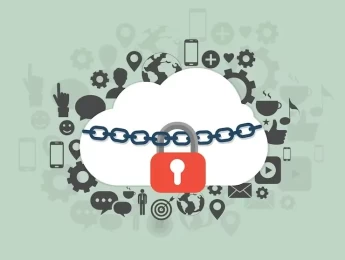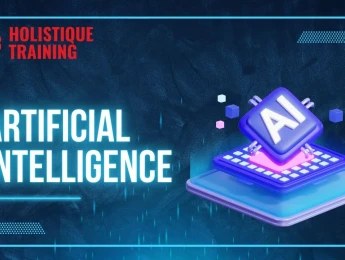- To be able to determine cyber security risks in data management
- To be able to develop skills to identify and combat threats relating to cyber security
- To be able to learn all cyber security risks, issues and threats
- To be able to put effective controls and solutions from cyber threats in place
- To be able to develop policy and communications that address information governance, compliance and standards and also address legal and audit requirements
- To be confident in communicating security awareness and training
- To be able to improve existing cyber security strategies, confidently review tools and discuss security, confidentially, and business solutions to reduce operational risks
- To be able to improve working knowledge, global industry standards and best practices in cyber security and information risk management
- To be able to apply ISO standards including ISO15489 Records Management Compliance and ISO 27001 Information security management to reduce threats and risks
- Technology Engineers
- Chief Technology Officer
- Chief Information Officer
- Chief Risk Officers
- Application Development Personnel
- Data Research Personnel
- Professionals wanting to learn about cyber security strategies, information governance and ISO standards
- Those who work in IT systems management, legal, risk management, information security, projects, HR and procurement
- Those looking to transition to management and IT security roles
Day 5 of each course is reserved for a Q&A session, which may occur off-site. For 10-day courses, this also applies to day 10
- Introduction to cyber security
- What are online threats, risks and issues?
- Business continuity, fraud and disaster management
- ISO27001 and related standards
- The governance of data, information and records
- Establishing the roles and responsibilities for information governance
- Understanding and ranking physical and electronic risks
- Management of compliance: audit and legal risks
- Management compliance: documents and records
- A review of ISO15489 Records Management
- How to apply ISO27001 information security controls
- How to develop policies, procedures and standards
- A look at the current threat and trend analysis
- What is a Key Risk Indicator (KRI)
- Project implementation plans and controls
- Developing risk and issue management plans
- Developing business continuity plan
- Cybersecurity incident management
- Cybersecurity crisis management
- Network protocols/communications/access
- Firewall/application/network security
- User management, including role-based access controls
- Encryption technologies/standards
- Email /web security
- Cyber security systems
- Cloud computing, including public, private and hybrid
- Blockchain technology
- What is hacking
- The mathematics of hacking
- Vulnerabilities in the systems: tracing and preventing
Upon successful completion of this training course, delegates will be awarded a Holistique Training Certificate of Completion. For those who attend and complete the online training course, a Holistique Training e-Certificate will be provided.
Holistique Training Certificates are accredited by the British Assessment Council (BAC) and The CPD Certification Service (CPD), and are certified under ISO 9001, ISO 21001, and ISO 29993 standards.
CPD credits for this course are granted by our Certificates and will be reflected on the Holistique Training Certificate of Completion. In accordance with the standards of The CPD Certification Service, one CPD credit is awarded per hour of course attendance. A maximum of 50 CPD credits can be claimed for any single course we currently offer.
- Course Code PI1-103
- Course Format Classroom, Online,
- Duration 5 days


